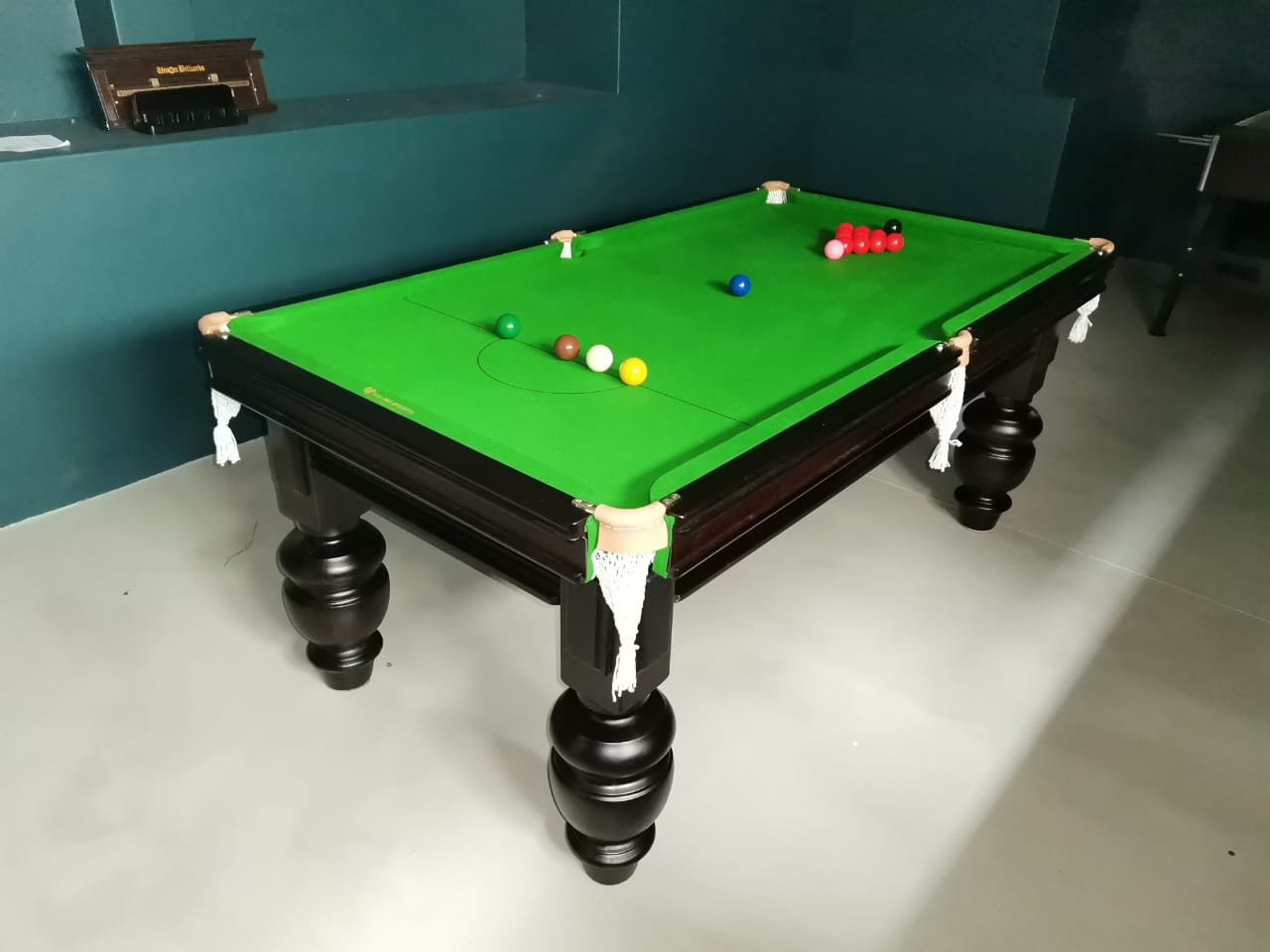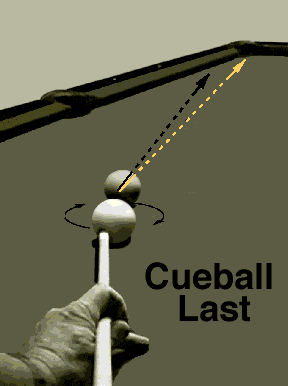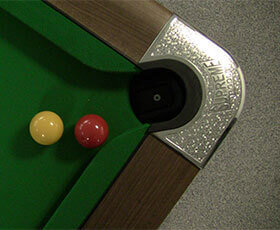
Many pool games use pool balls. They are small, and they have a distinctive look. They were originally made of ivory or wood. Nowadays, however, they are made from synthetic materials. They are now made from phenolic resin.
Thermosetting plastic phenolic resin is similar to bakelite but is much stronger. The plastic will become hardened once it cools. This makes it a great choice for a pool ball. It is however very costly. The majority of phenolic resin currently produced is from petroleum.
Another option is polyester resin. Polyester resin is cheaper than other options and can also be used as an inexpensive material. It's actually cheaper than phenolic. It is also very durable, comparable to phenolic. It does not keep its shine as well. It is still very popular among manufacturers.
When phenolic tar was first created, it was made of coal tar. Although it's a relatively strong and durable material, it's also very dangerous to play with. If you don't know how to handle it, you could easily burn yourself or others. This can be prevented by only using high-quality balls for billiard.

A quality pool ball should have a thermoset. It enhances the ball's precision. Additionally, it adds friction to the billiard ball. This allows a billiard ball of good quality to withstand higher pressure. Also, pay attention to friction coefficient. The friction coefficient is something that you should be aware of.
Before the advent phenolic resin, pool balls had been made of wood, stone or clay. Some manufacturers still made these pool balls in the past.
American chemist Leo Baekeland invented a new method to make plastic in 1907. He mixed nitrocellulose with alcohol. The mixture was then formed under extreme pressure. Even though this compound was not perfect, it was a significant improvement.
Bakelite had become a more durable material by the end of the 20th century. It was also much easier to manufacture. As a result, it became the standard for billiard balls. Unlike celluloid, Bakelite wasn't prone to bursting when struck with force.
Today, phenolic resin pool balls are a favorite. They have a timeless, classic look and are durable. Since the resin is thermosetting, it won't melt back, meaning the ball will last up to forty years.

High-quality billiard balls are essential for any game, no matter how complicated. Aramith is a good brand. There's a reason they are the best-selling billiard ball on the market.
Aramith poolballs are the most sought-after, but there's a handful of other manufacturers that make quality products. Iszy sells a marble swirl set, which is rated as one the top ten sets of billiard balls on the market. Aramith should be your choice if buying a set.